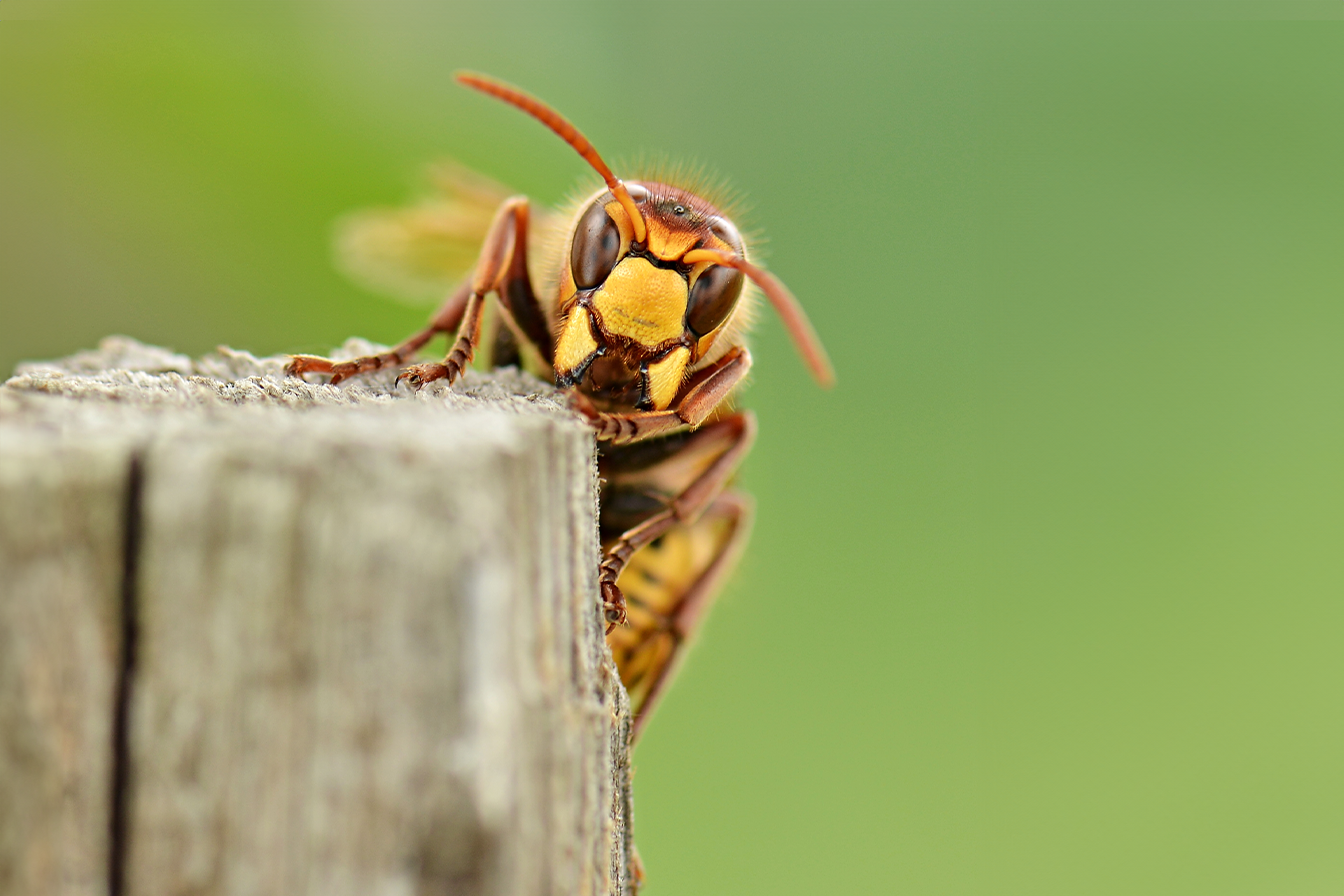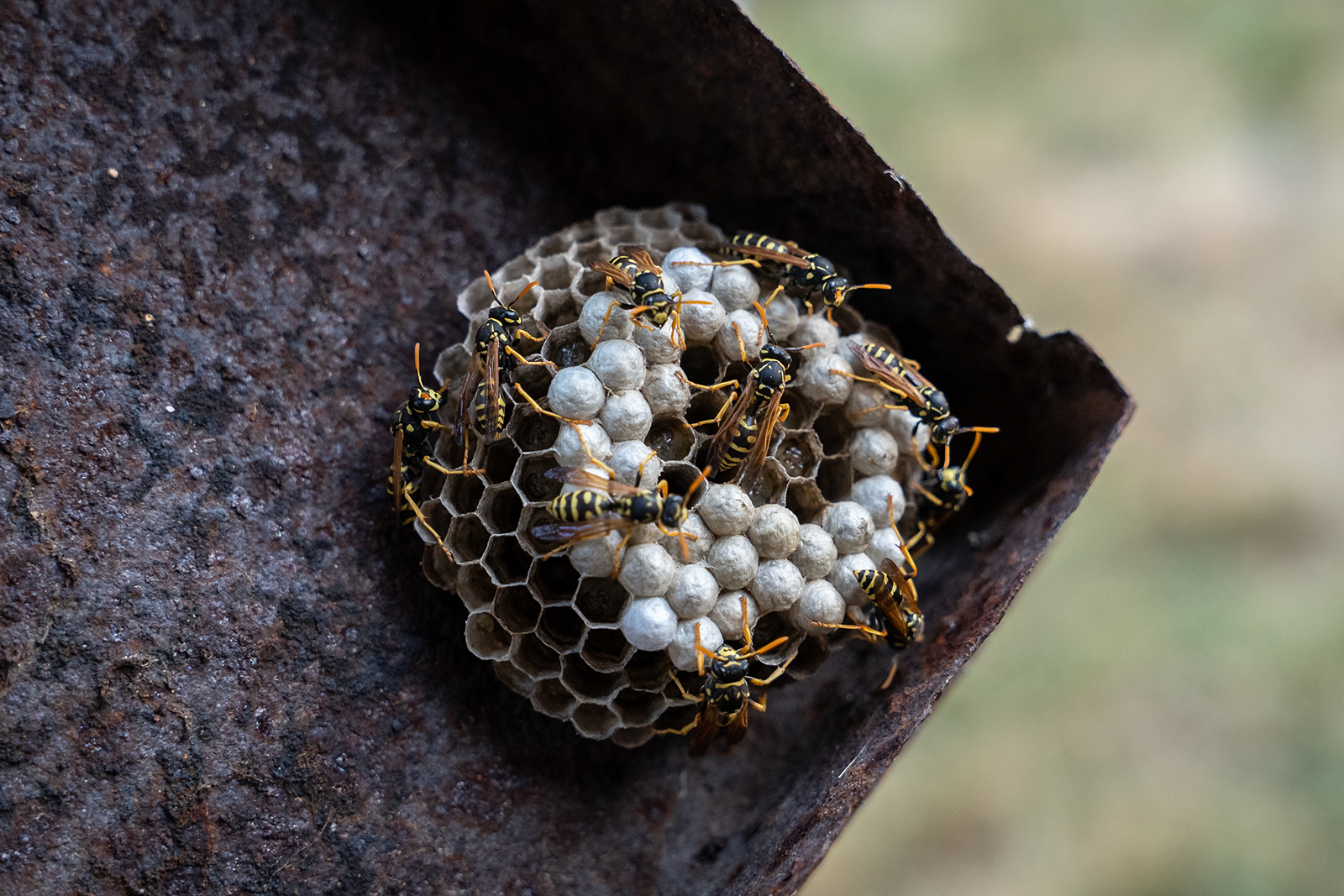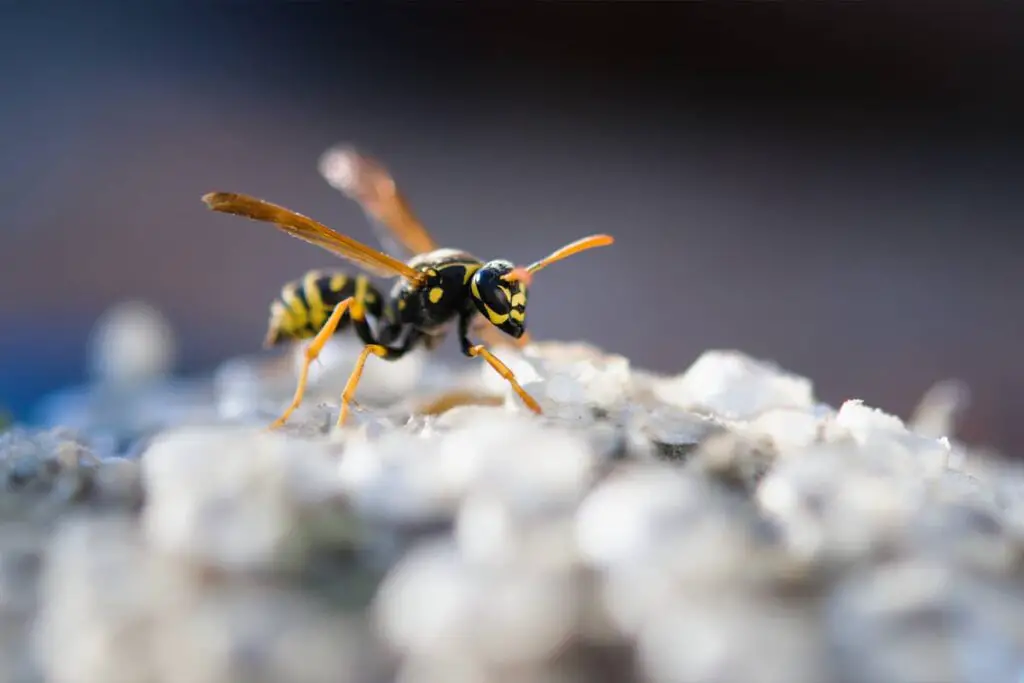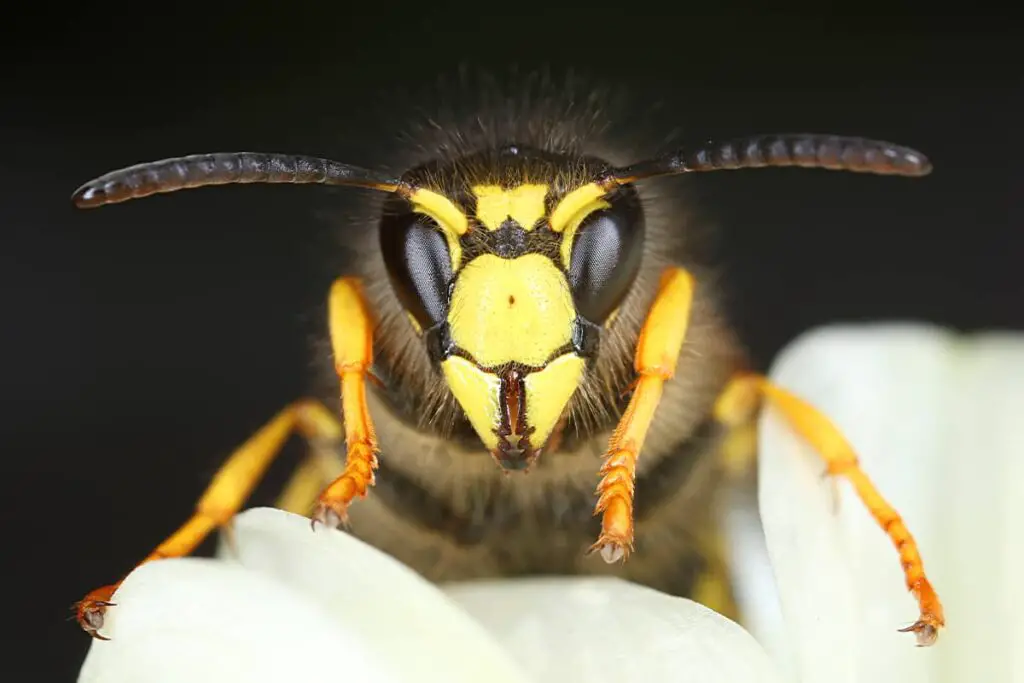
I have had some unfortunate encounters with wasps and yellow jackets, and I’ve often wondered why these insects seem to chase humans so tenaciously. At first glance it might seem like they are simply aggressive creatures looking to cause harm, but there is actually a good reason behind their behavior.
Wasps typically chase humans when they feel threatened, especially if their nest is in danger. Unlike bees, these insects can sting multiple times, and they won’t hesitate to do so if they perceive a threat to their home or colony.
It’s important to stay calm and avoid making sudden movements when wasps approach, as frantic actions can make them more likely to attack. By respecting their space and being mindful of our actions we can coexist with these insects without too much trouble. Remember, wasps are not intentionally cruel; they are simply trying to protect themselves and their colony when they chase us.
Why Do Wasps Chase You
Territorial Behavior
One of the main reasons wasps chase people is because of their territorial behavior. When I enter a wasp’s territory, they may perceive me as a potential threat, especially if I accidentally come too close to their nest or colony. In such cases, they’re likely to become aggressive and chase me away to protect their territory and fellow wasps.
Protecting Nests
Wasps are particularly sensitive when it comes to the safety of their nests. If you unknowingly approach a wasp nest, they’re likely to chase you away in order to protect their nest and the offspring within it. Their main goal is to ensure that you are far enough away from their nest to not pose any danger to them. In some cases, wasps have been known to chase people for up to a mile in order to protect their nests.
Feeding Habits
While their feeding habits don’t necessarily cause wasps to chase you, they may be attracted to certain things that you have on your person. Sweet smells, bright colors, or food items can draw their attention and make them more likely to take an interest in your presence. This may inadvertently make you feel as if they are chasing you, when in fact they are simply attracted to something nearby.
Wasps’ Visual Perception
Wasps have quite an exceptional visual system. Their ability to perceive motion and colors, coupled with the fact that some species can even recognize faces, contributes to their capacity to chase people for long distances.
Motion Detection
Wasps are remarkably skilled at detecting movement in their environment. Their compound eyes are made of numerous individual lenses, known as ommatidia, which provide them with a wide field of vision, as well as acute sensitivity to motion. This means that if they sense suspicious movement nearby they will almost certainly investigate it, and in some cases, this can lead to a chase-like behavior.
Color Attraction
Another valuable aspect of their visual perception is their attraction to certain colors. These insects are drawn to bright, contrasting colors, as well as the ultraviolet spectrum, which can make specific items or clothing stand out, potentially increasing the likelihood of them chasing a person wearing such colors. Some wasps, like the Polistes fuscatus, can even recognize faces, which is honestly quite amazing – but not so great for those who draw the wasp’s ire.
In order to avoid unintentionally inviting a wasp to chase after you, not only limit your movements when around them, but also be mindful of the colors you wear when outdoors. By understanding the way wasps’ visual perception works we can better protect ourselves and coexist peacefully with these fascinating insects.
How to Avoid Being Chased by Wasps
After a few unfortunate encounters with wasps, I have learned a few ways to avoid being chased by these pesky insects. Here are some tips divided into sub-sections to help you stay clear of wasps and ensure a safe outdoor experience.

Preventing Nest Building
One essential step to avoid wasps is to prevent them from building nests around your home. Wasp nests can range from the size of a golf ball to a small vehicle and are commonly tucked in trees or corners of homes. To reduce the chances of wasps nesting near your home, regularly inspect trees, eaves, and other structures for wasp nests and remove them promptly.
Additionally, sealing cracks and holes in the exterior walls can discourage wasps from constructing nests too close for comfort.
Avoiding Sudden Movements
One of the main reasons wasps chase us is because we accidentally disturb their nests. It’s crucial to be mindful of your actions and avoid sudden movements, especially when you are near areas where wasps might be present. If you unintentionally come across a wasps’ nest, calmly and slowly back away without swatting or making any abrupt gestures. This helps reduce the likelihood of the wasps becoming defensive and chasing you away.
Wearing Appropriate Clothing
Another thing I’ve noticed is that wasps are attracted to bright colors and sweet smells. In order to avoid drawing their attention I try to wear clothing that is not brightly colored and avoid using perfumes or scented lotions when spending time outdoors. Also, wearing long sleeves, pants, and closed-toe shoes provides an extra layer of protection in case I do accidentally come into contact with wasps.
By combining all these prevention strategies you can greatly reduce the chances of being chased or stung by wasps. Remember to stay vigilant and always be aware of your surroundings when enjoying the outdoors!
Dealing with Wasps
Getting stung isn’t fun. In this section I’ll share my experience in using natural deterrents, relocating nests, and seeking professional pest control to keep wasps at bay and yourself out of trouble.
Using Natural Deterrents
There are a number of natural deterrents that will help keep wasps away. Essential oils like peppermint, eucalyptus, and clove can effectively ward off these insects. I usually mix a few drops of these oils with water and spray the mixture around my outdoor living spaces.
Another effective natural deterrent is the use of plants that repel wasps. Planting marigolds, citronella, and mint in your garden will discourage wasps from visiting. Placing cucumber peels in strategic locations around your home has also proven to be a helpful technique in making the area less appealing to wasps, but that doesn’t seem as appealing to me!
Relocating Nests
If you happen to find a wasp nest near your home the best approach is to relocate it rather than destroy it. That said, relocating a nest requires care and proper timing. It’s best done during the evening or early morning when wasps are less active. Always wear protective clothing and thick gloves to minimize the risk of stings if you plan to attempt this.
Gently detach the nest from its location and place it in a container or cloth bag. Once you’ve secured the nest, transport it to a safe, distant location away from your home. Remember that it’s crucial to keep a respectful distance from the nest during this process, as the wasps perceive any disturbance as a threat and can become aggressive.
If you’re not comfortable with this procedure, call a professional. Don’t be a hero!
Professional Pest Control
When dealing with a large wasp infestation or if you feel uncomfortable handling the situation alone, turn to professional pest control services. These experts have the necessary knowledge, experience, and resources to manage wasps effectively and keep you and your property safe.
It’s important to choose a reputable pest control service that provides eco-friendly treatment methods to reduce the impact on the environment and ensure your family’s safety. Always request an inspection and detailed action plan from the pest control company before proceeding with any treatments.
Conclusion
Wasps chase people primarily due to feeling threatened, particularly when it comes to protecting their nests and colonies. They perceive any potential danger near their nests as a threat and will chase and sting to defend their territory. These insects are not naturally aggressive towards humans, but they will do anything to ensure their safety and the safety of their colonies. Remember, you’re a whole lot bigger than they are!
Take the time to be aware of your surroundings and avoid disturbing any wasp nests when spending time outdoors. Remember, if you are chased by a wasp, it’s crucial to keep a calm demeanor and move away slowly without making sudden movements to further enrage the insect, which could escalate the situation and encourage them to pursue you.
It’s essential to understand and respect the natural behavior of wasps and other insects in their habitats. By doing so, we can coexist with these creatures and reduce the likelihood of experiencing unpleasant encounters with them.
Driven by a passion for those tiny creatures that rule our world, we at Bug Domain strive to be your go-to resource for information on insects.




